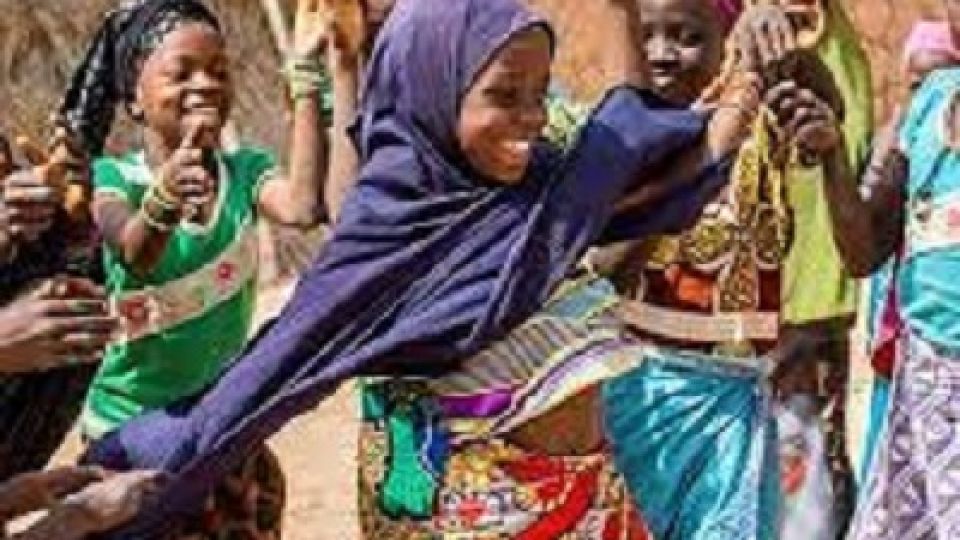from EMEKA OKONKWO In Abuja, Nigeria
Nigeria Bureau
ABUJA, (CAJ News) – THE sanctions imposed on Niger following the coup in late July have deteriorated into a child protection catastrophe.
This amid reports around 40 babies are dying in health centres daily as a result of power cuts, with the country battling an energy crisis after neighbouring Nigeria halted supplies as part of the restrictive measures.
The electricity crisis has tragically affected the health sector, and medical professionals have been quoted as lamenting how incubators and other life supporting equipment cannot function, hence the death of the minors.
A recent spike in infant mortality has been reported at the Cominak Hospital located in the northern-central Akokan town and Regional Hospital in the southwestern Dosso.
Hospitals are also struggling to access petroleum products to power their plants and generators.
Some 43 humanitarian agencies working in Niger have called on neighbouring countries and the international community to introduce humanitarian exemptions to the collective sanctions imposed against the West African country.
They believe the exemptions are vital to ensure uninterrupted access to humanitarian assistance services for vulnerable populations, particularly children.
The plea comes amid a deadline between Niger’s military junta and the Economic Community of West African States (ECOWAS) after President Mohamed Bazoum was ousted.
The military administration of Abdourahamane Tchiani has not yielded to the pressure of sanctions.
“The clock is ticking, and the lives of Nigerien children are hanging in the balance,” said Paolo Cernuschi, International Rescue Committee director for Niger.
“Without swift action to implement humanitarian exemptions, we risk losing the battle against malnutrition and preventable diseases,” he added.
There are fears that if humanitarian exemptions allowing the entry of essential supplies are not adopted by September 1, the ability to provide life-saving treatments to malnourished children is at risk.
Furthermore, education for children is at risk and humanitarians warn that if sanctions persist, only a fraction of children’s educational needs can be met, exposing them to potential dropouts, exploitation and recruitment into armed groups.
“Humanitarian exemptions will allow required educational materials to be supplied to schools,” Cernuschi said.
“We have a moral duty to act swiftly and decisively. Lives are at stake, and we cannot allow bureaucratic barriers to stand in the way of saving them.”
According to Power Africa, Niger, a country of 27 million, has one of the lowest electrification rates in sub-Saharan Africa.
Only one in seven Nigeriens have access to modern electricity services.
Femi Fani-Kayode, a former Nigeria cabinet minister, appealed to President Bola Tinubu, who is the current ECOWAS chairperson, to review the sanctions and allow supplies of electricity to Niger.
“This is all the more so given the fact that cutting off electricity to that nation is bringing death, suffering and hardship more to the women and children than to their Government officials and members of the newly-installed military junta,” he said.
Stefano Savi, the United Nations Children’s Fund (UNICEF) representative in Niger, said more than 2 million children had been impacted by the crisis and are in desperate need of humanitarian assistance.
Even before the recent civil unrest and political instability, an estimated 1,5 million children under the age of five were forecast to be malnourished in 2023, with at least 430 000 children expected to suffer from the deadliest form of malnutrition.
“This is a figure likely to rise if food prices continue to spike and an economic downturn hits families, households and incomes,” Savi said.
With recent electricity shortages, and 95 per cent of cold chain infrastructure in the health system dependent on electricity, childhood vaccines and other supplies are at risk.
“We are alarmed that our life-saving supplies remain stranded at different entry points to the country and must urgently make their way to landlocked Niger,” Savi said.
– CAJ News

